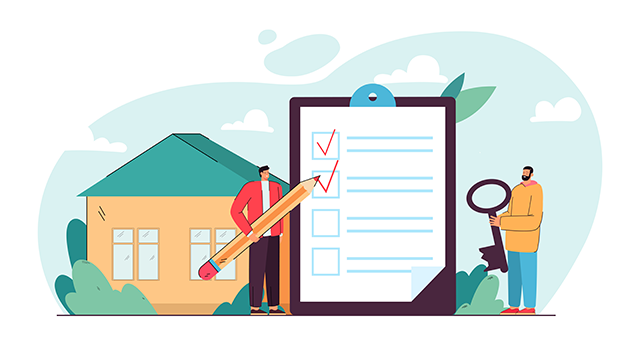
Should You Get A 15-Year Fixed-Rate Mortgage?
A 30-year fixed rate mortgage is the most popular loan term and for a good reason. It allows homeowners to spread the loan over a long period while keeping payments as low as feasible. However, now that 30-year mortgage interest rates are rising beyond the epidemic lows, the lower rates given on 15-year mortgages are becoming more attractive. Is a 15-year mortgage suitable for you, though? Let us look into the benefits and drawbacks so you can figure it out.
THE FUNDAMENTALS
A 15-year mortgage is a home loan that is repaid in monthly installments over 15 years. As the principal and interest will remain constant for the duration of the loan, securing a 15-year mortgage when interest rates are low is the best option. These mortgages are not just for purchases; if you want to refinance, you can do so with a 15-year mortgage as well.
BENEFITS
1. Secure A Lower Interest Rate
Long-term loans are deemed risker by lenders since borrowers have considerably more time to default on them. They are also more expensive to fund. Therefore, a 15-year fixed-rate mortgage has a lower interest rate. Compared to a 30-year mortgage, these rates might range from a quarter-point to a whole point low.
2. Long-Term Savings
It might not be easy to see the big picture when you look at a monthly mortgage expense of a 15-year mortgage that will be about 50% higher than a 30-year mortgage. However, a 15-year mortgage saves you money in the long run as you will pay off the loan faster and have a lower interest rate. For example, if you have a $200,000 loan with a 4.5 % interest rate spread over 30 years you will pay $164,813 in interest alone. But, if you borrow the same amount for 15 years at a little lower rate of 4%, you will pay $66,288 in interest, saving about $100,000. And, if you divide your savings by 15 years you get to save $555 per month. These savings are more than substantial and are well worth it if you can afford the higher monthly payments.
3. Build Equity Faster
Paying down your mortgage sooner saves you money in the long term and allows you to earn equity in your home faster. If property values rise, equity may increase more.
This is beneficial for several reasons, including making refinancing easier by decreasing your debt-to-income ratio. While it will not enhance your cash flow, it will make it simpler to obtain a home equity loan or home equity line of credit.
4. A Less Demanding Retirement
Another significant benefit of reducing your house loan timeline by half is that if you plan to retire within the next 15 to 20 years it will not negatively impact your retirement finances. You will be debt-free and can utilize that money for your retirement needs. On the other hand, if you have to continue paying for a 30-year mortgage in retirement, you may discover that your finances are tighter than when you were working and may have to dip into your funds to keep up with the payments.
DRAWBACKS
1. Bigger Monthly Payments
One of the most noticeable downsides of a 15-year mortgage is the monthly payments. Because you are cutting your payback timeline in half (as compared to a standard 30-year mortgage), you will pay much more each month — albeit for a shorter amount of time.
2. You Can Miss Out On Your “First Choice”.
The low-interest rate and reduced payback schedule encourage buyers to choose a 15-year mortgage. However, you may find that you are not able to purchase the property you want as the monthly payment is more than what you can afford.
For example, if the monthly loan limit permitted by the lender is $1,500 and you intend to purchase a $250,000 mortgage at 4% for 15 years your monthly mortgage payments will be $1,849. But with a 30-year mortgage, your monthly payment will be $1,194. Again, a bigger loan of $300,000 would cost $1,432 a month with a 30-year mortgage which is less than the $1,500 maximum limit. Therefore, spreading the payments over a long period often gives you more options because you can qualify for a larger loan.
3. You Miss Out On Other Opportunities
Due to the increased monthly payment, you might not be able to contribute to other areas that are essential to you, such as tax-advantaged 401(k) s, college savings plans for your children, CDs, or the stock market.
FINAL WORD
Choosing a 15-year mortgage loan is a significant financial choice with long-term monetary consequences. Therefore, before making a decision, examine your existing financial condition, create a budget, and consider your long-term financial goals. Also, remember that you should not push your budget too far and must provide some wriggle room in case of an emergency.


